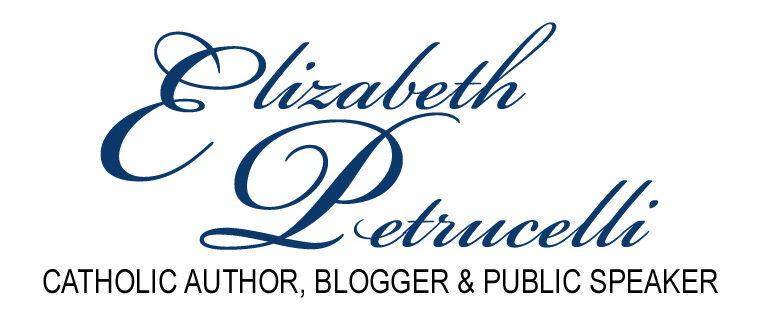Eighteen months ago, I embarked on a journey. A journey I have never been on in 26 years I have been employed. I have been relatively silent about this journey, mostly to protect myself from embarrassment and my current employer. But like most things, opportunities present themselves and doors are opened which allow the silence…
Category: unexpected outcomes
Use of a Fetal Doppler in Pregnancy
DISCLAIMER: I am not a medical professional. Please consult with your doctor or midwife if you have any questions regarding this information and opinion on the use of a fetal Doppler in pregnancy. I want to address this fear-mongering article from Bustle. In the article, This New Pregnancy Trend Among Millennial Women Could Seriously Harm Unborn…
Naivety vs. Faith in Pregnancy After Loss
I had an immense amount of faith during my pregnancy with G. When G was stillborn, I lost all that faith. I couldn’t understand why this happened and more importantly, why this happened to us. We were devout Catholics. We prayed for this baby. How could God have taken this baby? So when we became…
My Wanted Pregnancy – Aborted
First I want to state for the record that this post is NOT ABOUT ABORTION. It is about abortion terminology and the topic will still be quite controversial in nature. Should the word abortion be used to describe miscarriage? I touched on this point in my book It’s Not Just a Heavy Period; The Miscarriage Handbook,…
The Urge
WARNING: SEXUALLY PERSONAL (TMI) There is this intense urge that I experience every few months. Most women experience this urge once a month but as stated in previous posts, I do not have regular cycles. No one told me I would experience this. It’s not something I have read about in books either and of course,…
The Price of False Hope: You won’t believe what the pastor said!
I have attended the births of families whose babies had a fatal diagnosis and have sat with them in the NICU throughout days or weeks as they prayed and hoped their baby would beat the odds. It’s such a difficult time for a family and I am honored to be a part of that experience. I…
What if doctors changed this in relation to miscarriage and stillbirth?
Many families who experience miscarriage or stillbirth want to have genetic testing done both on themselves and on the baby. They want to know “why” this horrible experience happened. When it comes to miscarriage, many women are told that they must endure three miscarriages before testing will be done. They are rarely given the option to pay for…

